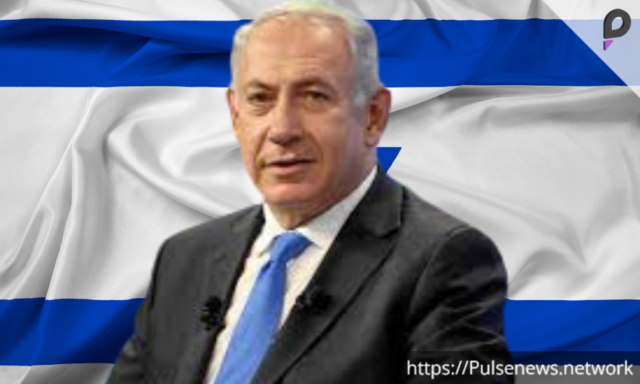Jerusalem: The recent Gaza ceasefire has placed Israeli Prime Minister Benjamin Netanyahu in a precarious situation. He finds himself caught between a new U.S. administration advocating for peace and his far-right allies who are eager for renewed conflict. This delicate balance is expected to become even more challenging in the coming weeks.
High Stakes for Netanyahu
Netanyahu faces significant pressure to maintain his coalition government while also appeasing U.S. President Donald Trump. Trump aims to leverage the ceasefire to enhance Israel’s diplomatic relationships in the Middle East. The stakes are high, and Netanyahu must navigate these competing interests carefully.
One of Netanyahu’s far-right allies has already resigned in protest of the ceasefire. Another ally has threatened to leave unless military action against Hamas resumes with even greater intensity. The situation is fluid, and the clock is ticking.
Ceasefire Timeline and Negotiations
The initial phase of the ceasefire is set to last six weeks. By February 4, Israel and Hamas are expected to begin discussions for the second phase, which aims to bring a permanent end to hostilities. The pressure is rising as the deadline nears.
Former police minister Itamar Ben-Gvir’s Jewish Power party withdrew from the coalition, citing dissatisfaction with the ceasefire. Finance Minister Bezalel Smotrich has indicated he will remain only if military operations against Hamas resume until its complete defeat. Smotrich has called for a more aggressive approach, including military rule in Gaza to encourage Palestinian emigration.
U.S. Involvement and Pressure
Trump’s Middle East envoy, Steve Witkoff, has emphasized the importance of transitioning from the first to the second phase of the ceasefire. He plans to oversee the ceasefire’s implementation, indicating ongoing U.S. involvement in the process. Witkoff played a pivotal role in negotiating the ceasefire agreement, according to multiple officials.
Balancing Act Beyond Gaza
Netanyahu’s challenges extend beyond the ceasefire. Trump has expressed intentions to build on the ceasefire’s momentum to expand the Abraham Accords, which normalized relations between Israel and several Gulf Arab nations. Trump has suggested that Saudi Arabia could join this initiative, a goal that aligns with Netanyahu’s interests.
However, the ongoing conflict in Gaza complicates these diplomatic efforts. Eyal Hulata, former head of Israel’s National Security Council, stated that without an end to the Gaza war, progress with Saudi Arabia is unlikely. Trump is keen on advancing normalization efforts, making the situation even more pressing for Netanyahu.
Palestinian Statehood and Internal Opposition
Saudi Arabia has made Palestinian statehood a prerequisite for normalizing relations with Israel. This condition is met with fierce opposition from Smotrich and other members of Netanyahu’s government. Despite these challenges, some Israeli officials believe that progress with Riyadh could be achieved by the end of the year.
A recent poll indicates that around 70% of Israelis support the ceasefire, with 61% favoring its integration into a broader agreement that includes Saudi Arabia. The first phase of the ceasefire involves releasing hostages, partially withdrawing Israeli forces, and allowing humanitarian aid into Gaza.
Future Phases and Governance Challenges
The second phase, if successful, would entail the release of remaining hostages and a complete withdrawal of Israeli forces. A third phase is anticipated to focus on Gaza’s reconstruction, overseen by Egypt, Qatar, and the United Nations.
One of the most contentious issues in future negotiations is the governance of post-war Gaza. Israel is unwilling to allow Hamas to remain in power, while Hamas has shown no willingness to compromise.
Trump’s national security adviser, Mike Waltz, has stated that Hamas will not govern Gaza. He warned that if Hamas fails to adhere to the ceasefire, the U.S. will support Israel in taking necessary military actions.
After the ceasefire was approved, Netanyahu asserted that Israel has U.S. backing to resume fighting if negotiations falter. He emphasized that if military action is required, it will be executed with renewed vigor and strategy. The situation remains fluid, and the coming weeks will be critical for Netanyahu and the region.











